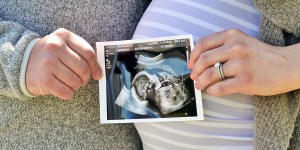A new report recently released by the World Health Organization has found that 1 in 6 people globally are afflicted with infertility. The results of the study found that infertility affects both men and women alike. Furthermore similar rates can be seen in all areas of society, regardless of income.
The WHO report defines infertility as “a disease of the male or female reproductive system, defined by the failure to achieve a pregnancy after 12 months or more of regular unprotected sexual intercourse.” The organization estimates that roughly 17.5% of the world’s population contends with infertility, which the report notes can lead to financial hardship as well as troubles to psychosocial health.
One of the key findings of the report was that infertility maintains prevalence in all areas of society, affecting both genders equally. The portion of those who are infertile is nearly the same among high-income, medium-income, and low-income regions. Lifetime prevalence was 17.8% in high-income countries and 16.5% in low- and middle-income countries.
While the WHO went on to call for assistance in making fertility treatments financially feasible, the Church's position on new life focuses on human dignity.
Aleteia has previously reported on why the Church opposes IVF. One of Church’s main arguments is that it dehumanizes the process of procreation, removing the unitive aspects of sexual intercourse and working against the human dignity of the act. It also often results in embryos being killed. In 2017, Calah Alexander wrote for Aleteia:
Openness to life doesn’t mean a couple must have a baby at all costs; it simply means a couple should be open to life as it comes. Maybe that means a baby, or several babies. Maybe it doesn’t. But every life is precious, and every human being has inherent dignity. Turning the creation of new life into a cold, clinical process can strip us of that dignity ...










